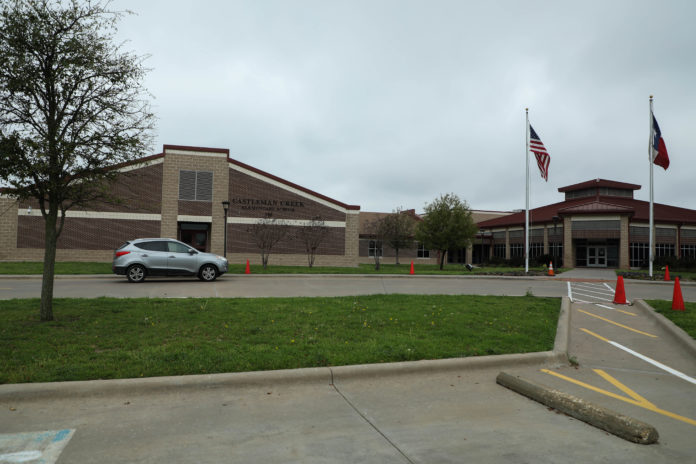
By Sarah Pinkerton | Staff Writer
As 200 schools across Texas are shut down in order to decrease the risk of COVID-19, many students do not have access to readily available food supplies. The Baylor Collaborative on Hunger and Poverty has now launched a website that lists various sites throughout Texas offering meals to students in need throughout the duration of the extended spring break.
This website also lists the type of meals available and dates that these services can be accessed. The website will continue to be updated with new information.
Jeremy Everett, executive director of the Baylor Collaborative on Hunger and Poverty, said that 60% of Texas public school children are on the free and reduced lunch programs.
“This is kind of like an extension to the National School Lunch Program,” Everett said. “They’re doing it through a different federal mechanism, The Summer Food Service Program. They’re implementing it before summer because it’s the most flexible avenue for this kind of a situation.”
There are 12 locations, as identified by Waco ISD, within the city of Waco that are offering these services. The Bledsoe Miller Community Center, Calvary Baptist Church, Doris Miller Family YMCA, Estella Maxey Place, Highland Baptist Church and more locations are listed here.
These locations will serve curbside breakfast pickup from 8 a.m. to 9:30 a.m. and curbside lunch pickup from 11 a.m. to 12:30 p.m. from Monday to Friday. These meals will be prepared by the Waco ISD nutrition team.
In a press release from the Baylor Media and Public Relations Department, Lori Fogleman said the Texas Department of Agriculture has been granted a waiver by the U.S. Department of Agriculture’s child nutrition programs that allows them to give schools the ability to provide meals while the school is closed.
“Even at a time of social distancing due to COVID-19, the waiver will help ensure students still have access to food,” Fogleman said.
The website states that children under the age of 18 must be present in order to receive the meals. While they do not have to be enrolled in a specific school, they must live in the geographic area around the specified school.
However, there is a tab titled “I Need Help” that may be filled out if an individual needs assistance finding food resources in their area.
“They can go to one of these locations and pick up a sack lunch, maybe a sack breakfast, and then take that to their home and eat it in a way where they’re practicing social distancing but also get the nutrition they need to be active and healthy,” Everett said.
There is also a tab for those interested in volunteering and assisting with the situation. It lists ideas such as reaching out to local organizations about volunteer opportunities, being an intentional neighbor, offering to purchase groceries for others, babysitting and buying gift certificates.
“We’ve had so many people, businesses and individuals and churches call to find out how they can help,” Everett said. “And it just shows we really are a compassionate people.”
In addition to this website, The Baylor Collaborative on Hunger and Poverty uses university-based research to determine effective anti-hunger strategies and then provides the resources for communities to carry these out.
They have initiated projects such as the Hunger Data Lab, student mission trips, the Texas Hunger Initiative and “Together at the Table,” a Hunger and Poverty Summit with the goal of finding solutions to food insecurity.
“We just need to channel that compassion to find a little more common ground and love our neighbors as ourselves, both in these difficult circumstances like we’re in right now and also in normal times,“ Everett said.





